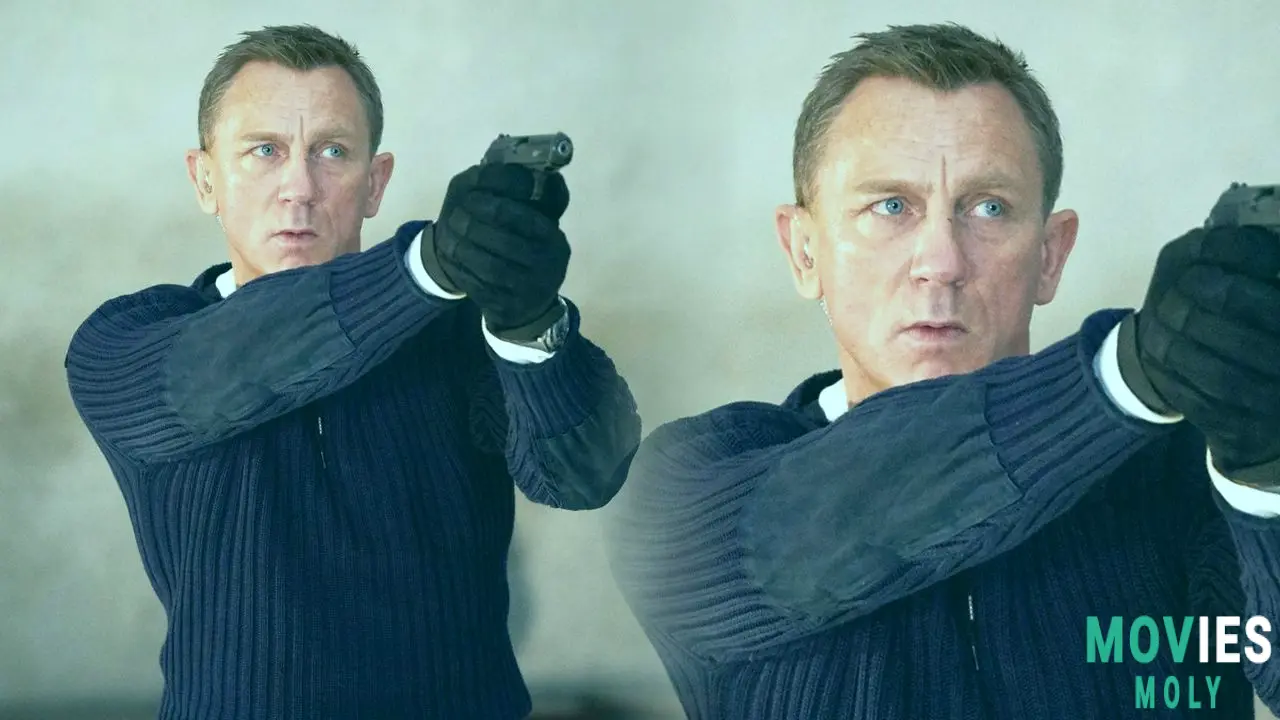Hold up, Bond fans! Recent tax filings sent shockwaves through Hollywood, suggesting Amazon only paid a fraction of what everyone expected for the iconic 007 franchise. We're diving deep to uncover the truth behind the numbers and what it all means for James Bond's future on screen.
TL;DR: The Essentials of Amazon's James Bond Acquisition
- A recent tax filing from EON Productions shows a $20 million payment for their "interest" in the James Bond franchise and subsidiary companies, not the total value of the entire IP deal.
- The real value of Amazon's acquisition for creative control of the Bond IP is still widely believed to be closer to $1 billion, involving a complex joint venture and compensation structure for the Broccoli/Wilson family.
- Amazon MGM Studios now has creative control, with Denis Villeneuve set to direct the next film, Steven Knight writing the script, and a search underway for a "fresh, British face" to play Bond 26.
Alright, secret agents and movie buffs, buckle up! You might have seen headlines swirling around suggesting that Amazon, the colossal tech giant, snagged creative control of the legendary James Bond franchise for a mere $20 million. Seriously, $20 million? That's less than what some individual blockbuster stars make for a single film! Given that earlier reports pegged the deal at a whopping $1 billion, this figure left a lot of us scratching our heads and wondering if Amazon truly pulled off the biggest bargain in cinematic history.
But here's the thing: Hollywood deals are rarely as simple as they appear on the surface. We've dug into the details from recent reports and tax filings to bring you the real story behind Amazon's acquisition of 007. Turns out, the truth is a bit more complicated and, honestly, way more fascinating than a simple price tag.
Unpacking the Official $20 Million Figure from EON Productions' Tax FilingThe whole "Bond for $20 million" buzz started with a tax filing from EON Productions in the U.K. For those not in the know, EON Productions is the company led by Barbara Broccoli and Michael G. Wilson, the longtime guardians and producers of the James Bond films. Their annual accounts, which are public records in the UK, included a very specific statement:
"On 20 February 2025, the company entered into an agreement for the sale of its interest in the Bond franchise, all associated assets as well as its subsidiary companies, B24 Limited and B25 Limited. The total consideration for the sale amounted to $20 million (USD)."
This quote, straight from the horse's mouth (or, well, the official company documents), quickly became the headline that surprised everyone. B24 Limited and B25 Limited, by the way, were the special-purpose companies EON used to produce recent Bond hits like Spectre and Daniel Craig’s final outing, No Time to Die. So, on paper, it looks like a straightforward sale for a surprisingly low sum.
Why the $20 Million Price Tag Doesn't Tell the Whole Story of the Bond Acquisition
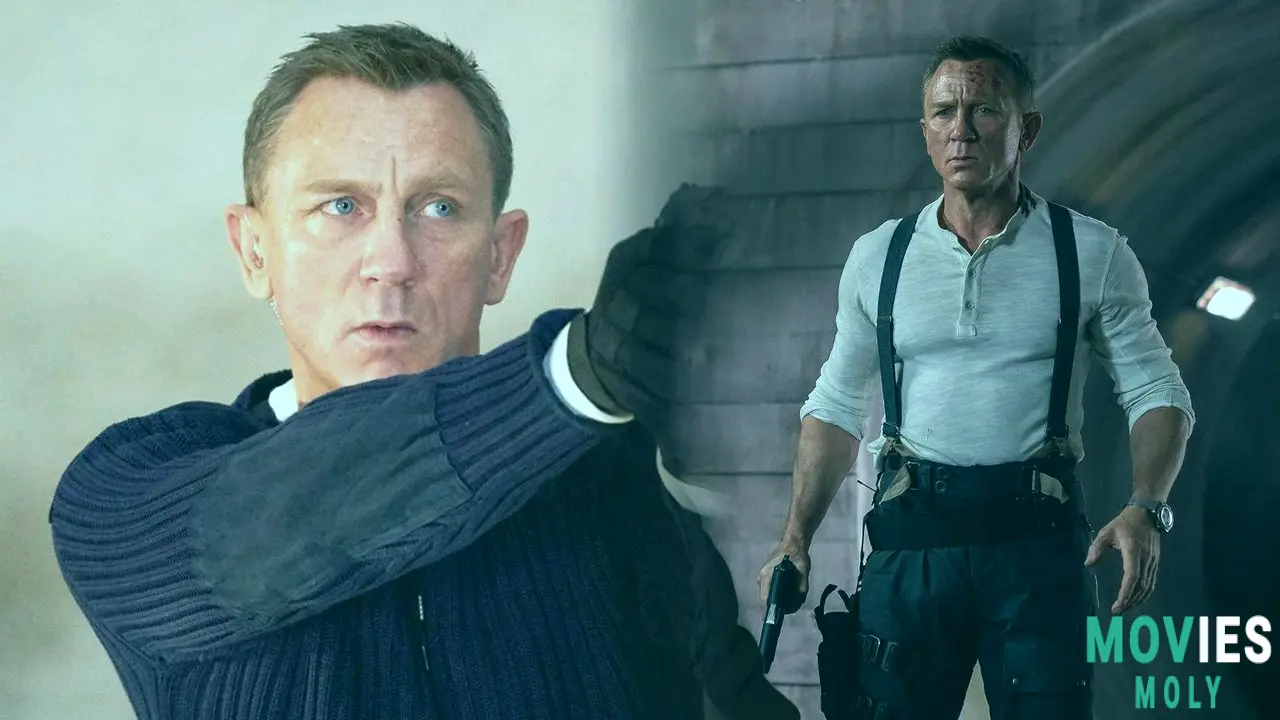
Now, while $20 million is what EON Productions reported for its specific interest in the franchise and these subsidiary companies, experts quickly pointed out that this isn't the total picture of Amazon's overall acquisition. This is where the intricacies of Bond's ownership structure, which has always been, let's say, 'as Byzantine as the schemes that the super spy’s enemies concoct,' come into play.
EON Productions primarily handles the making of the films. The actual intellectual property rights – the trademarks, the copyrights, the characters, basically everything that makes Bond, well, Bond – has historically been held by a separate, privately owned U.S. entity called Danjaq, LLC. Danjaq, owned by the Broccoli and Wilson family, is where the lion's share of the film royalties and profits traditionally flowed.
So, the $20 million payment to EON is likely just one piece of a much larger, multi-faceted deal. Think of it as Amazon buying a specific house key, but the whole mansion came with a different, much more expensive deed. The broader deal for creative control and the overarching IP, which was announced earlier this year (February 2025), is still understood to be closer to the rumored $1 billion mark.
Understanding the True Value and Compensation Structure of the James Bond IP Deal
So, if not a direct cash payment, how did Amazon swing this billion-dollar deal? It's believed that the Broccoli and Wilson family, through Danjaq, received their compensation in various forms, which wouldn't necessarily appear as a single cash payment in EON's UK tax filings. This likely included a combination of:
- Amazon Stock Options: Giving the family a stake in Amazon's future success.
- Profit Sharing & Earnouts: Future payments based on the success of upcoming Bond films and other ventures.
- A Joint Venture: The deal explicitly states that the Broccoli family will continue to have "economic exposure" to the franchise. This means they're still financially tied to Bond's performance, through a joint venture structure.
- Minority Stake in New Entity: A new entity, London Operations, LLC (established in Delaware in November 2024 and sharing an address with Amazon's Culver City studios), is now handling Bond trademarks and copyrights. It's understood that Broccoli and Wilson retain a minority legal ownership stake in this new company.
Essentially, Amazon didn't just write a check; they entered into a strategic partnership, securing creative control while ensuring the Bond family maintains significant financial interest. It’s a smart move that allows Amazon to push the franchise forward with new ideas while keeping the legacy stewards invested and compensated.
Amazon's Ambitious Plans: A New Direction for James Bond
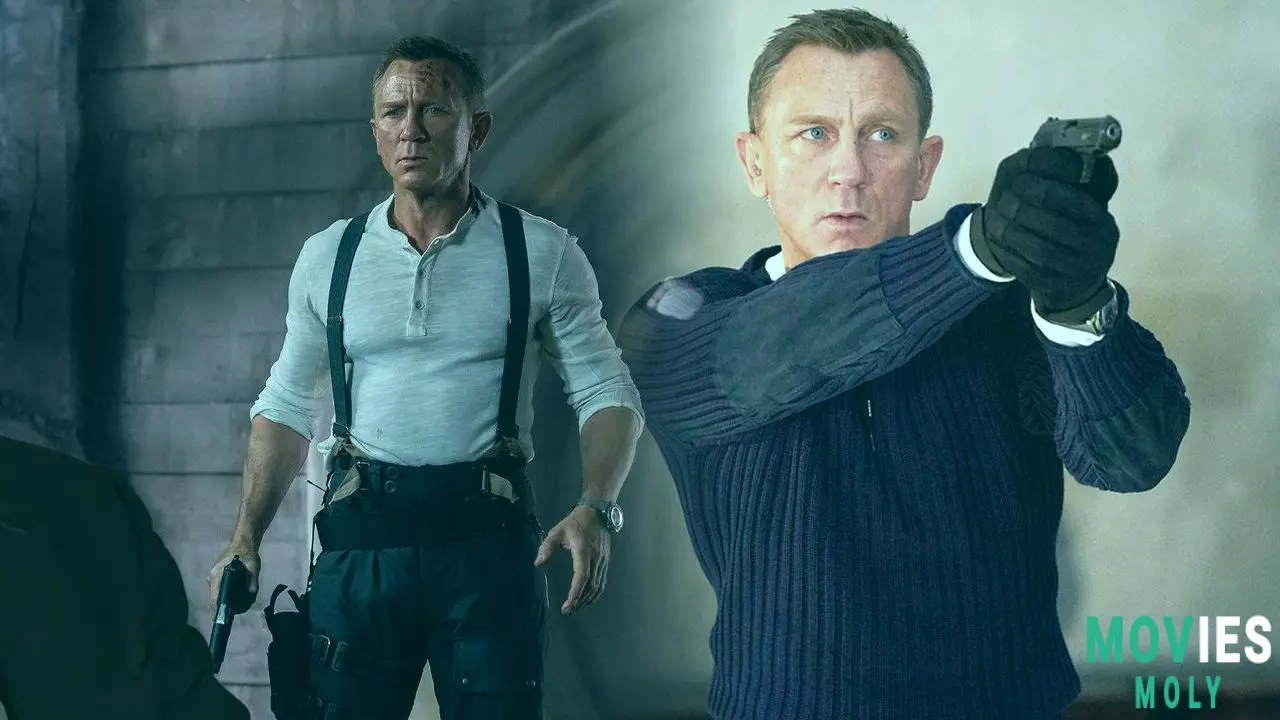
This complex acquisition isn't just about money; it signals a major shift for the James Bond universe. Amazon MGM Studios now has the reins for the character, and they're not wasting any time planning 007's next chapter. Previously, Amazon had only distribution rights after acquiring MGM for $8.5 billion in 2021, meaning they were a passive partner in creative decisions. That's all changed now!
A Star-Studded Creative Team is Assembling for Bond 26
The new era of Bond is already taking shape with some serious talent:
- Director: The visionary Denis Villeneuve, fresh off his success with the Dune franchise and known for Blade Runner 2049, has been tapped to helm the next installment. This is a huge statement, bringing a director with a distinctive style and grand cinematic ambition to 007.
- Screenwriter: Steven Knight, the brilliant mind behind Peaky Blinders, is penning the screenplay for what we're unofficially calling "Bond 26."
- Producers: Veteran producers Amy Pascal and David Heyman are on board to shepherd the new film.
This creative team suggests a fresh, yet still cinematic, direction for the franchise, aiming for high-quality storytelling and spectacle. Denis Villeneuve has already mentioned that the search for a new actor to play Bond will begin next year (likely 2026), and he's reportedly looking for a "fresh, British face" rather than an already established big name. So, put your bets on Aaron Taylor-Johnson aside for a moment!
The Christopher Nolan 'What If' Scenario and Creative Control
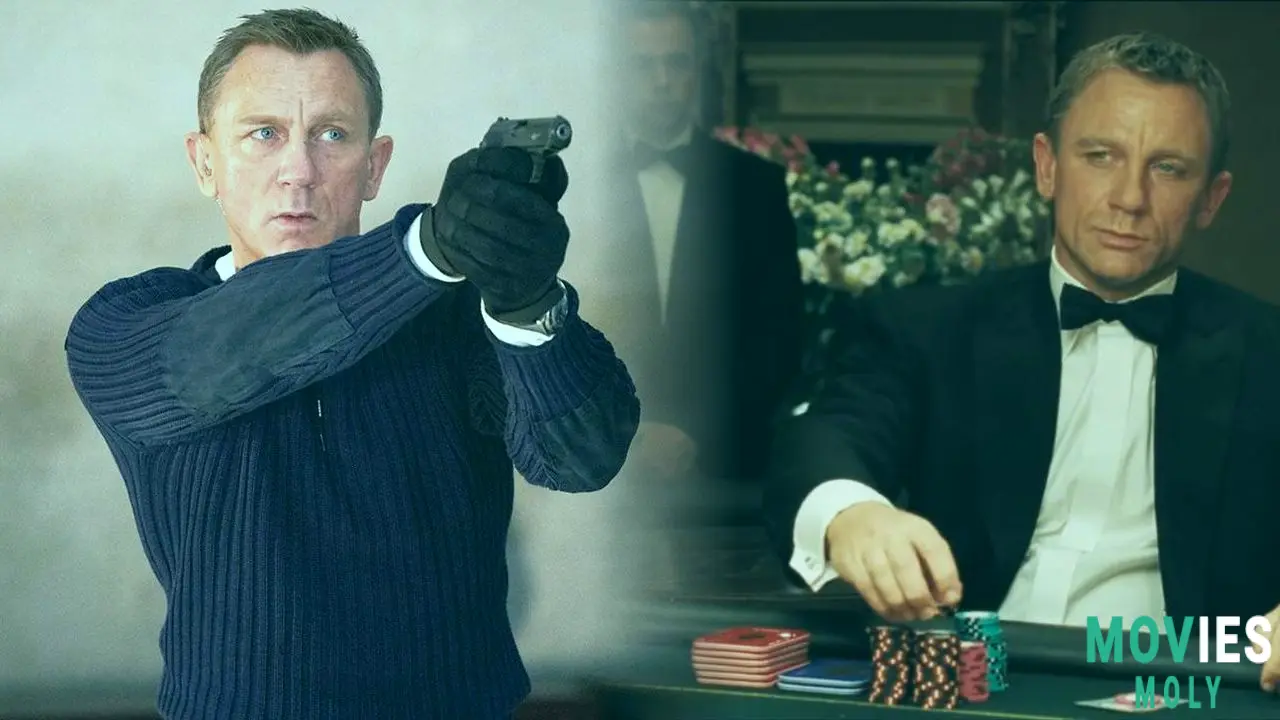
One of the most interesting tidbits to emerge from this whole deal revolves around a director many fans dreamed of seeing tackle Bond: Christopher Nolan. Before Villeneuve officially came aboard, there was talk that Amazon was so keen on getting Nolan (known for blockbusters like Oppenheimer and The Dark Knight) that they were willing to break a decades-long sacred rule of the Bond franchise: never giving the director final cut.
The Broccoli family has historically maintained tight creative control over Bond films, meaning directors don't get the final say on the finished product. This is a big reason why many acclaimed filmmakers, including Nolan, who famously demands full creative freedom, might have shied away from the role in the past. Amazon was reportedly ready to bend this rule for Nolan's immense talent and box office power. Unfortunately, timing wasn't on their side, as Nolan is currently busy with his next big project, The Odyssey, and was unavailable. This opened the door for Denis Villeneuve, who, despite his reputation, reportedly signed a contract for just one film, without final cut or producer credit. It seems Amazon, even with new creative control, is still keen on keeping a tight leash on 007's artistic direction.
What This Means for James Bond Fans and the Future of the Franchise
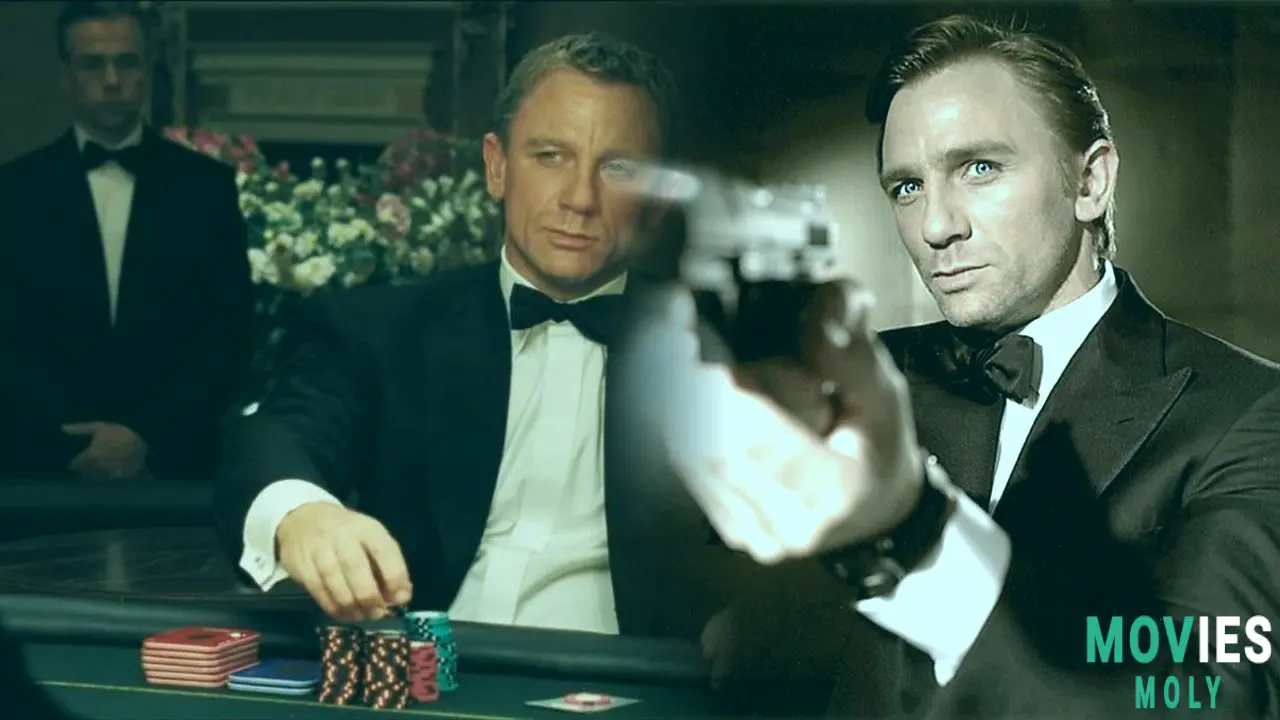
So, where does this leave us, the loyal fans of espionage, gadgets, and perfectly shaken martinis? Well, it means an exciting new chapter is on the horizon. With Amazon's deep pockets and ambitious plans, we can expect a significant investment in Bond's cinematic future. While a theatrical return for Bond 26 is speculated for around 2028, the good news is that all 25 classic Bond adventures are currently streaming on Prime Video, so you can get your 007 fix anytime.
The shift in creative control ensures that James Bond will continue to evolve, hopefully bringing fresh stories and breathtaking action to the big screen. The fact that the original producers, Barbara Broccoli and Michael G. Wilson, remain financially invested through the joint venture also provides a sense of continuity and a nod to the franchise's rich legacy. It’s a new era for Bond, and we're ready to see what Amazon has in store!
Frequently Asked Questions About the James Bond Deal
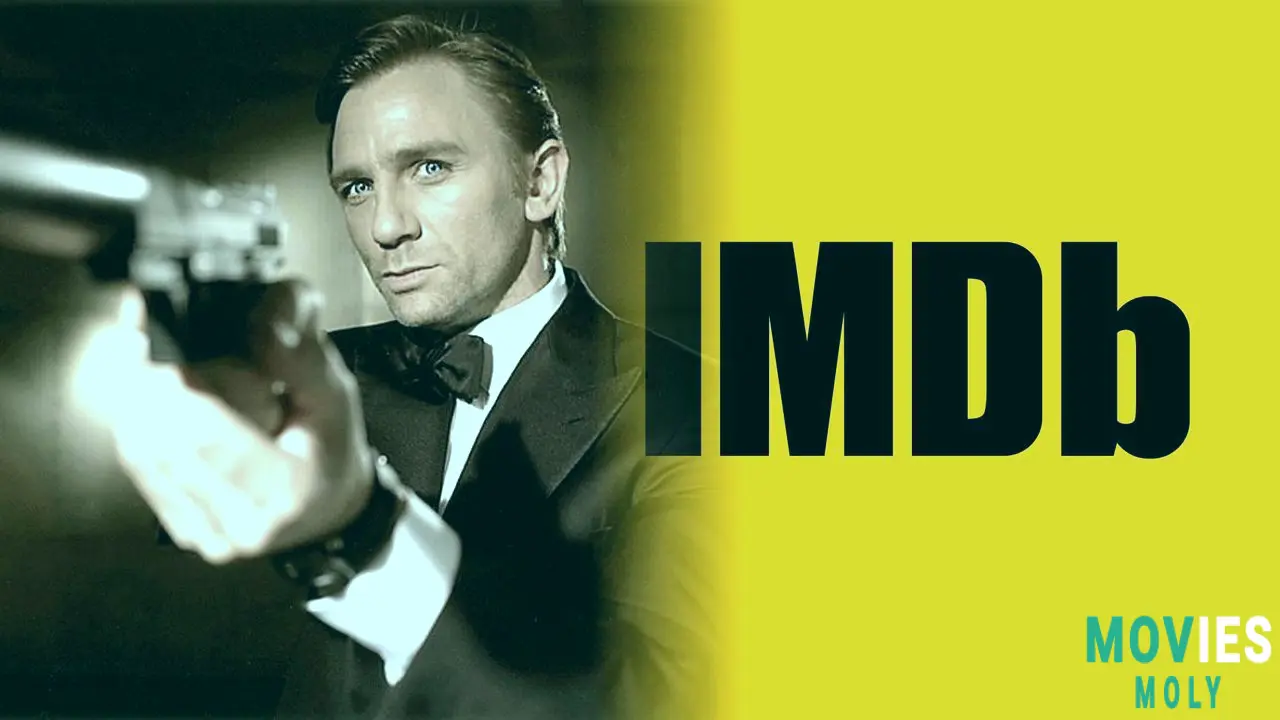
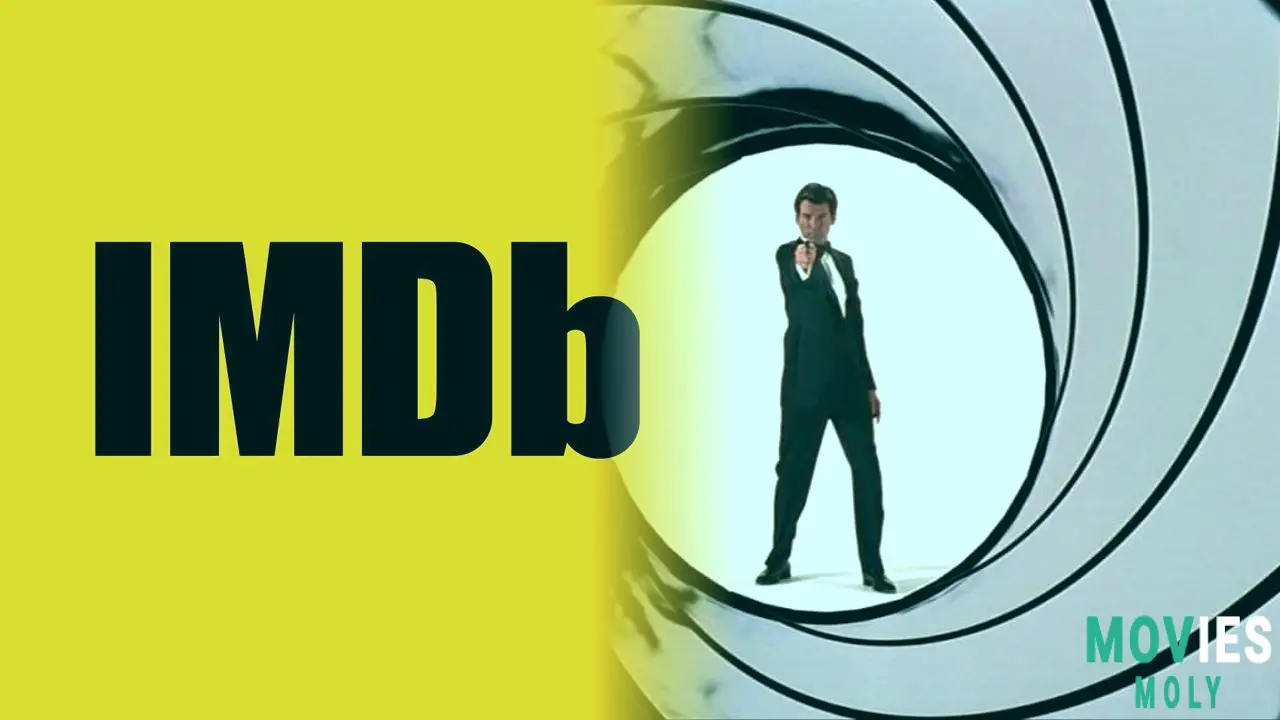
- MovieWeb - "Amazon's Purchase of James Bond Signals a New & Ambitious Direction for 007"
- The Hollywood Reporter - "Amazon MGM Paid $20 Million for Creative Control of James Bond Franchise"
- Deadline - "Amazon MGM Studios’ James Bond Deal Was Apparently Much Cheaper Than We Thought"
- MI6-HQ - "Follow The Money"
- That Hashtag Show - "Amazon-MGM Studios’ James Bond Deal Was Apparently Much Cheaper Than We Thought"
- ScreenDaily - "Bond sale to Amazon MGM priced at $20m in Eon financial report"
- Film Stories - "Amazon’s bill for creative control was $20m"
- TECHBOOK - "Confusion Surrounds James Bond: How Much Did Amazon Really Pay for 007?"
- FandomWire - "Amazon’s James Bond Deal Was Apparently Much Cheaper Than We Thought"

